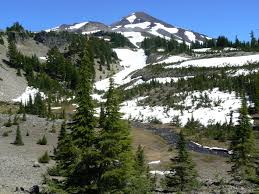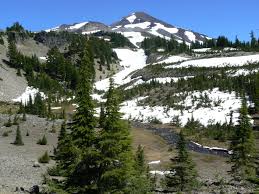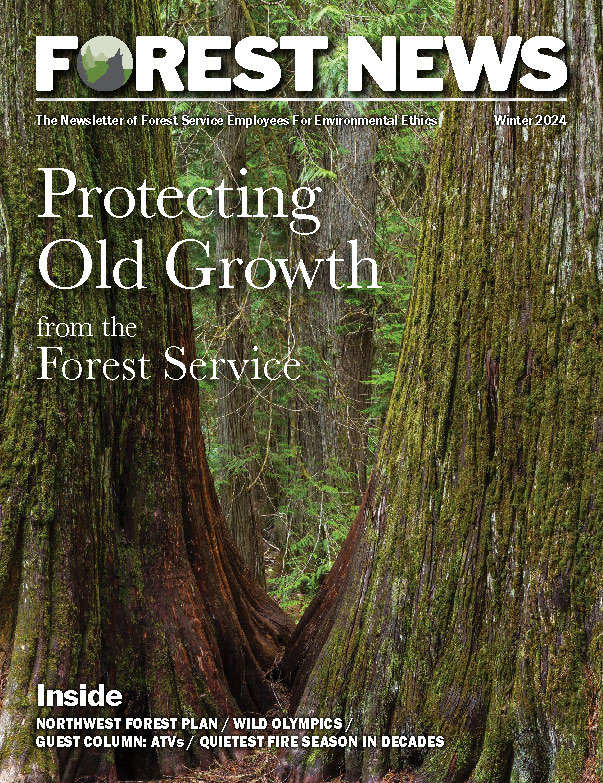Last month, the Forest Service proposed levying fees for entering three wilderness areas the agency oversees in Oregon, even for hikers and campers. FSEEE opposes the move. Here’s a letter Executive Director Andy Stahl wrote to the agency this week outlining our concerns. In addition to the merits of the argument, it’s an example of the importance of being familiar with the specifics of the law.

To Whom it May Concern,
The Forest Service can regulate recreational use of wilderness areas, for example, by imposing quotas on the number of wilderness use permits it issues.
But its general authority to regulate wilderness use (found in the 1897 Organic Act and 1964 Wilderness Act) is distinct from its authority to charge a fee for that use (found in the 2004 Federal Land Recreation Enhancement Act).
The FS claims that FLREA’s “special recreation permit fee” authorizes fees for hiking, backpacking, and camping in wilderness areas. I don’t agree. Here’s what FLREA says:
“The Secretary may issue a special recreation permit, and charge a special recreation permit fee in connection with the issuance of the permit, for specialized recreation uses of Federal recreational lands and waters, such as group activities, recreation events, motorized recreational vehicle use.” 16 USC 1602(h).
Thus, the permit and fee are intended for “specialized recreation uses,” such as “group activities, recreation events, and motorized recreational vehicle use.” Hiking, camping, and backpacking are not “specialized” recreation uses. They are regular, vanilla-flavored, standard uses. Nor does hiking in a wilderness area make hiking a “specialized” recreational use. In other words, it’s the nature of the recreation, not where it is located, that determines whether the recreational use is “special.”
In sum, Congress has authorized fees for standard recreational uses (e.g., hiking) in certain places (National Conservation Areas and Volcanic Monuments), and where the FS has provided certain amenities (e.g., parking, toilets, trash bin, picnic table). Congress has also authorized fees for use of certain “facilities and services,” e.g., boat launches, cabin rentals, and sewer hook-ups. Finally, Congress has authorized fees for group activities, recreation events, motorized recreational vehicles, and other “special” recreational uses.
What Congress has not authorized is fees for standard, i.e, not “special,” recreational use in wilderness areas. Wilderness areas do not meet the location criteria for standard amenity fees nor the amenity criteria for expanded recreation fees. In fact, most recreational use of wilderness (e.g., walking, backpacking, camping) falls squarely within Congress’ express prohibition against fees. In other words, wilderness hiking is “general access” in areas with “low or no investment,” undertaken by “persons” who are “hiking through Federal recreational lands and waters without using the facilities and services” or “camping at undeveloped sites.” 16 USC 6802(d).
I encourage you to use your existing legal authorities to ensure wilderness areas are managed consistent with the Wilderness Act without resorting to extra-legal fees.
Sincerely,
Andy Stahl
Executive Director
Forest Service Employees for Environmental Ethics
PO Box 11615
Eugene, OR 97405


